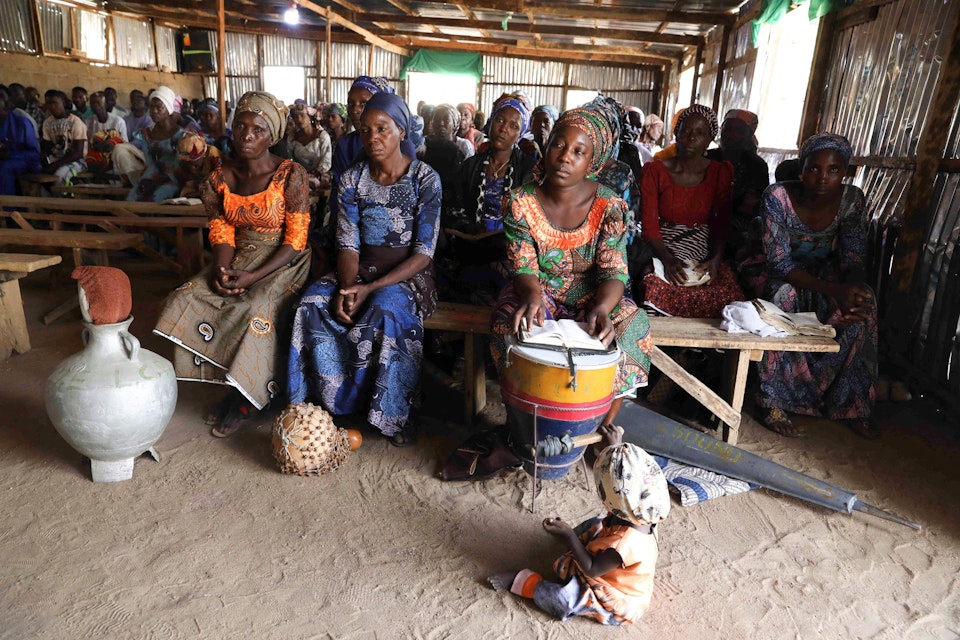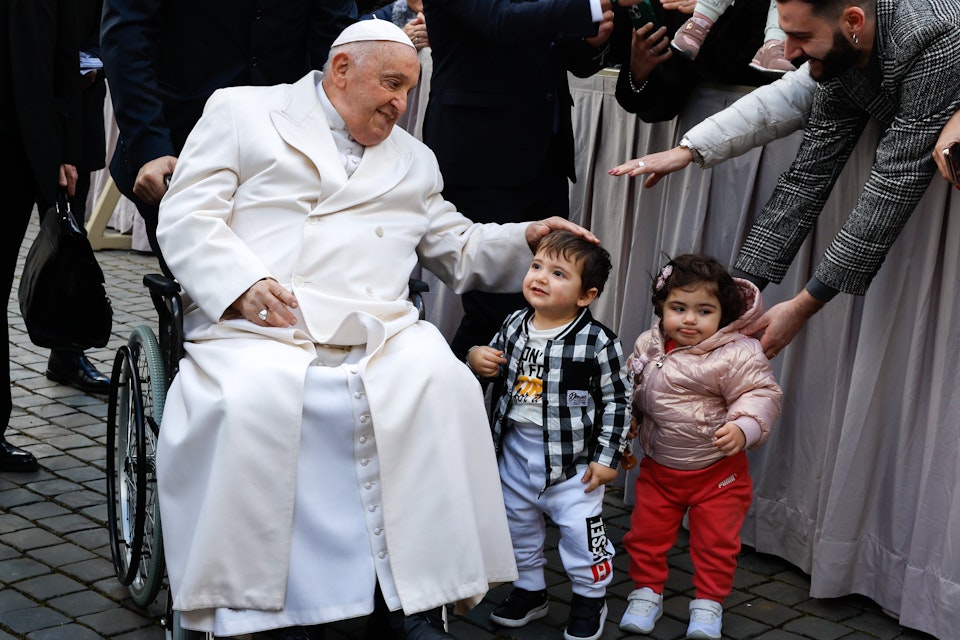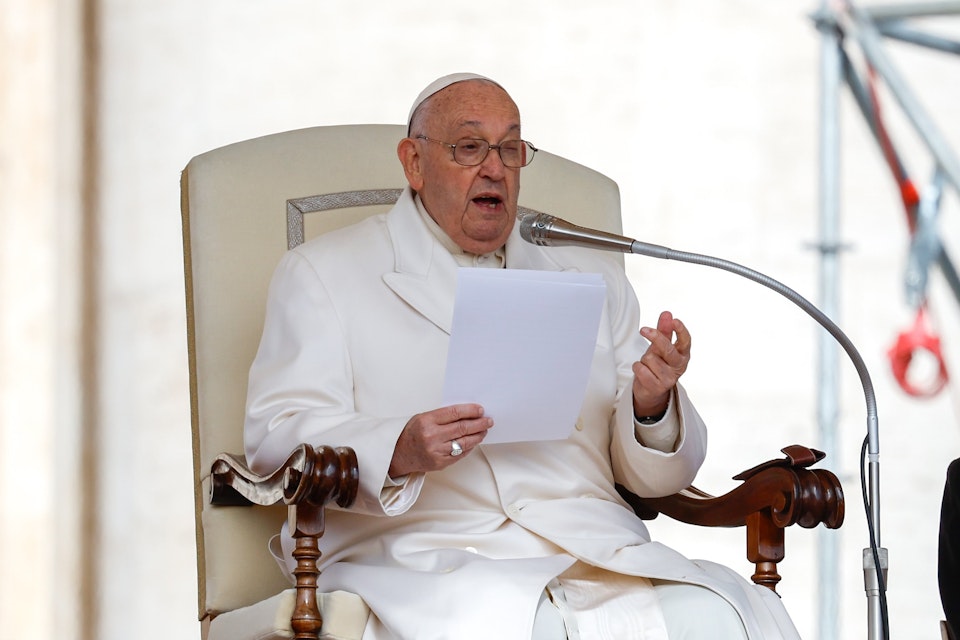“You can build a mansion, but you can’t live in it. You’re the fastest runner, but you’re not allowed to win. Doctor says you’re cured, but you still feel the pain … aspirations in the clouds but your hopes go down the drain.” Although this song written by Howard Jones is talking about something else, its point is well taken. Somehow, this relates to Catholic schools, especially from a parent’s perspective.
“Dad, why are we driving a 10-year-old van with 170,000 miles on it?” Ever got that question from your kids? Yeah, me too. It’s easy to wonder about the cost/benefit equation when it comes to Catholic education. But I defer to the song above.
We all want our kids to be strong, successful individuals. And we parents are willing to do whatever it takes to get them there. The problem is when we begin to define success. If we listen to the world too much, success is driven solely by the status of the college they’ll attend or the job they’ll one day have. As I tell my students regularly: it’s not wrong to work hard to try to make a good living. But there are far too many people I’ve known — especially in my former career — who “build that mansion, but can’t live in it.”
Success is a fleeting ideal. And while we want desperately for our children to attain it, it can’t be reached absent the part that matters most. And that’s why we drive a van with 170,000 miles on it.
I was surprised to see a recently article in the Wall Street Journal hailing Catholic schools for their ability to render discipline and focus to students in a way that many of our public institutions can’t. The article highlights a recent study that found clear and convincing evidence that students in Catholic schools “exhibited less disruptive behavior than their counterparts” and the “power of religion significantly affected this.”
At the core of our Catholic schools are dedicated, driven, compassionate teachers and administrators. I’ve seen it at every school with which I’ve been involved. They drive our sons and daughters not only to succeed in the classroom, but to have the confidence to excel outside of it. I would argue that that’s true in many public institutions, as well. No one gets into teaching unless they have a strong desire to serve kids. But the one thing Catholic schools can do — that’s often overlooked by the public sector because of its intangibility — is to nurture the souls of our students, which will one day give them the foundation to find “success” in its proper forms.
My wife and I want our daughters to be confident, strong, successful young women with plenty of prospects in life. We desire for them not only the tools that will help them navigate through this world, but those that will help them embrace this world with the peace so often lacking amidst the droves of “successful” millennials today.
I responded to a police call years ago at a very well-to-do gated community. Two teenage daughters who lived there were fist-fighting on the front lawn. When we arrived, I quickly realized who they were: the teen daughters of a well-to-do executive who had lost his job — in fact, his identity — years before and had committed suicide, leaving his family to pick up the pieces. The day of this call, as we broke the girls apart, we called their mother to come home and meet with us. Her response: “I can’t come home. I’m having my nails done.”
Contrast that with a close friend who went through far more drastic financial struggles — but who maintained a solid faith throughout. If you’d met this man amidst his difficulties, you never would have known it. He is an inspiration to me today. I speak about him often in class.
Our job as parents isn’t just to vest our kids with the tools to be a “fast runner,” but also to learn how to “finish the race;” not just to “build that mansion,” but to “live in it.”
There is a heck of a lot of “success” going on these days, just not a heck of a lot of peace. For years, Catholic schools have been the beacons that have steered our kids in a direction where they can attain both. I’ve seen it as a teacher inside the classroom; and now, as parent outside. And with God on their side, who can be against?
Paul Stuligross is department head and theology teacher at St. Mary’s Preparatory in Orchard Lake and is a retired police officer.










